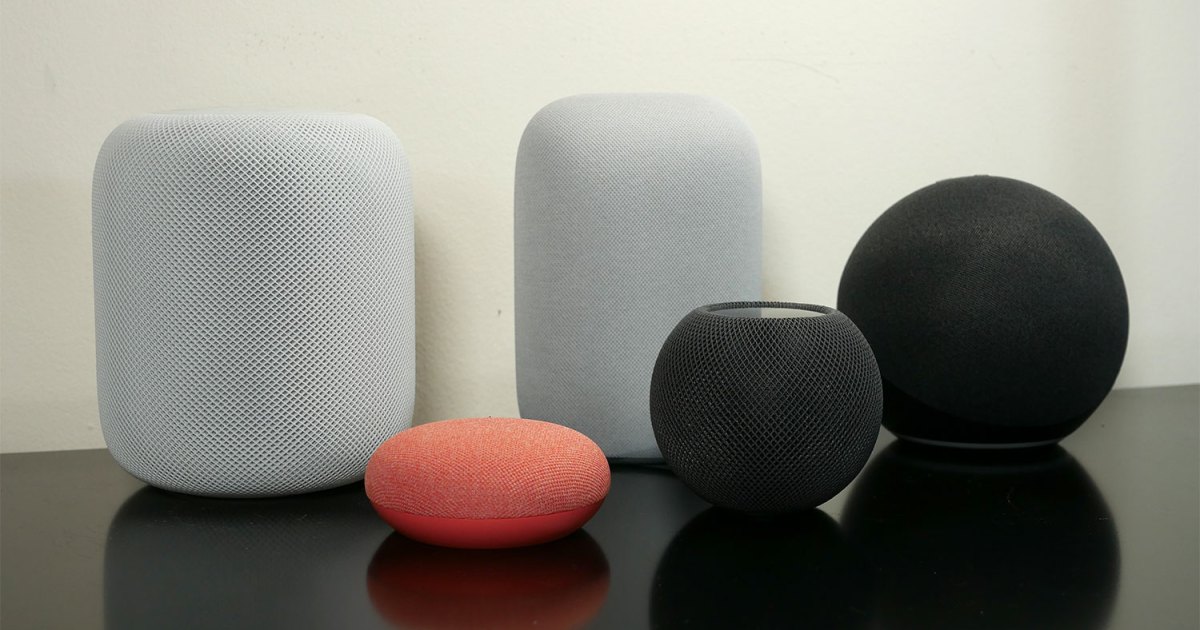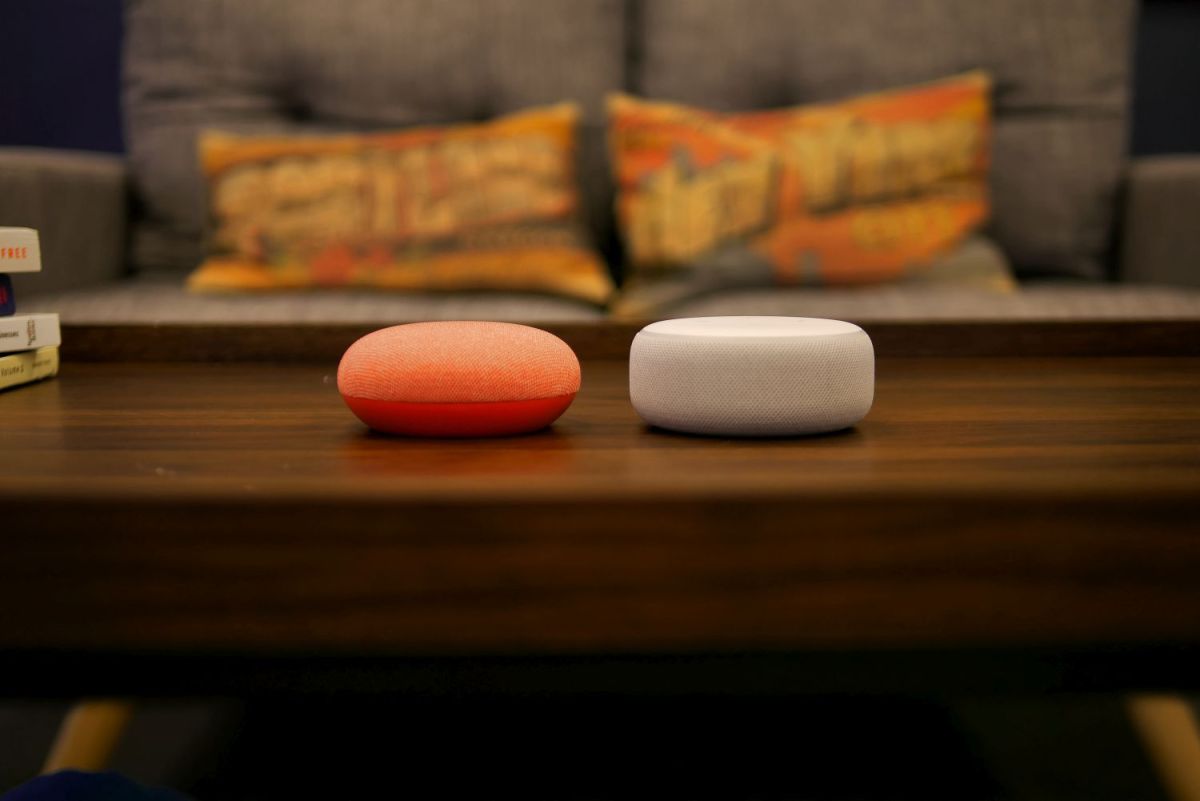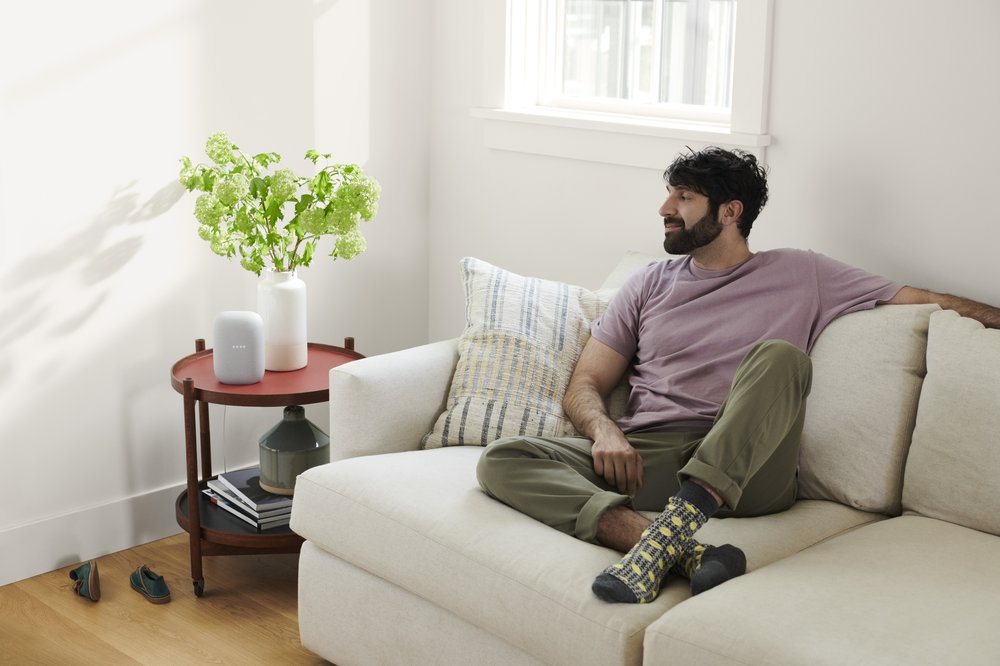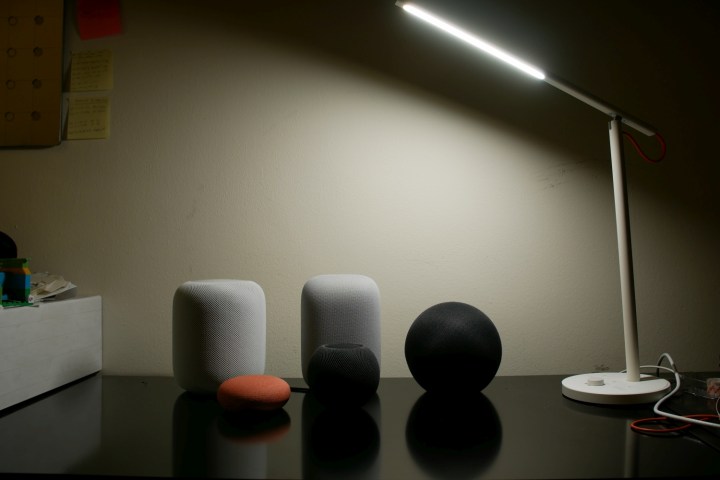
5 Useful Smart Speaker Features For Virtual Learning at Home
Your smart speakers and smart screens are really great for listening to music and controlling your smart home. But one overlooked area where they can be really useful is learning at home. Whether you’re working from home, learning from afar, or even just want to brush up on some skills, many people these days are learning from their living rooms rather than classrooms.
Smart devices like Amazon’s Echo products and Google’s Nest devices are gaining new features (and still using old ones) designed to facilitate these new learning models. New features like Family Bell, Story Time, and more are rolling out to your devices to help you along your intellectual journey. In this article, we’re going to focus on Google Assistant’s abilities, but we’ll link to articles where Amazon’s Alexa will have similar capabilities.
Ask questions
One of the most obvious uses for a smart speaker is to get information about basically anything. In this particular category, Google definitely has a leg up over Alexa, but both can find information from the web and present it to you. Maybe you’re wondering in what year Magellan circumnavigated the globe. Ask Google. How do you spell circumnavigated? I may or may not have asked Google that very question.
 John Velasco / Digital Trends
John Velasco / Digital Trends
Google got its start by finding and relaying information to its users. Smart speakers are just another way to deliver that information. Seeing as how information is at the core of learning, Google’s pretty helpful at it. Alexa is good at it too, or at least she tries.
Family Bell
One of the most important aspects of getting an education is a learning schedule. Being able to focus on a single task for a set amount of time can be very helpful when trying to learn from home. Google’s Family Bell has been a great help with my kids learning from home. My eighth-grade son has different classes throughout the day and I set up Family Bells for every one of them. At set times, on a specific speaker, Google announces a customized message to let your family know what it’s time for. You can set up reminders on Alexa to do the same thing.
Google’s implementation is still a little shaky. The bell goes on for a pretty long time, and doesn’t respond to the “Stop” command that silences timers and alarms. You need to say the whole phrase “Hey Google, stop.” It’s not the worst thing, but when you’ve spent as much time training your family to just say “stop” as I have, that’s a little annoying.
To set up a Family Bell, open the Google Home app, and tap your profile photo in the upper-right corner. Tap Assistant Settings > Family Bell > Add a bell.
Background music and white noise
While you’re studying at home, it’s often helpful to have some kind of background noise on. This can help you filter out distractions and help you focus on what needs to be done. Smart speakers are adept at providing soothing study music, white noise, or even sounds of a relaxing atmosphere like a forest – but without the mosquitoes. Whatever your taste for background noise, Google can deliver.
 Google
Google
To play these sounds, just say, “Hey Google, play the sounds of the forest” or “Hey Google, play white noise.” Similar commands work on Alexa devices as well.
Story Time
If you have a young person in the house, Google has a Story Time CC feature that allows you to read along with a limited number of books. Google will listen to you read, and supply background music and sound effects to enhance the story. It’s a cute little feature that is sure to delight the children in your household. This is one area where Alexa really excels. Not only does Amazon have a similar Story Time skill, but it partnered with Audible on a choose your own adventure Alexa skill as well. It’s pretty cool.
Quizzes and games
Finally, If you have a few moments and want to relax but get some knowledge at the same time, both Google and Alexa have trivia games and quizzes you can play. In each case, it’s just a matter of saying the wake word (“Alexa” or “Hey Google”) and asking them to play a game. You can ask for history quizzes, math quizzes, trivia, and more. I personally tried the math quiz on Google and Alexa and, even on intermediate level, they were pretty tough to do in your head. The questions are random, so if you’re looking to study a specific topic, this won’t help you, but if you just want to keep your brain sharp, your smart speakers can help for sure!
 John Velasco / Digital Trends
John Velasco / Digital Trends
Learning from home doesn’t have to be harder just because you’re outside the classroom. In fact, smart speakers and smart screens can enhance your learning experience in ways that we’re only just beginning to imagine. In the future, we’d like to see new features like interactive learning tools with touch elements on smart screens and even story-based learning channels, similar to narrative podcasts that can teach you new skills and ideas. Smarter imagery when asking questions or looking things up would be amazing. We’re in the early stages of learning what smart speakers can really do, which makes the whole thing that much more exciting.


